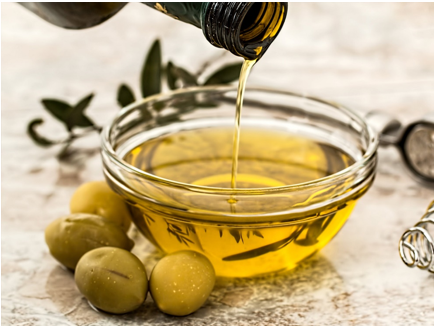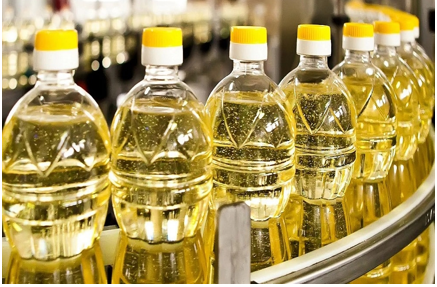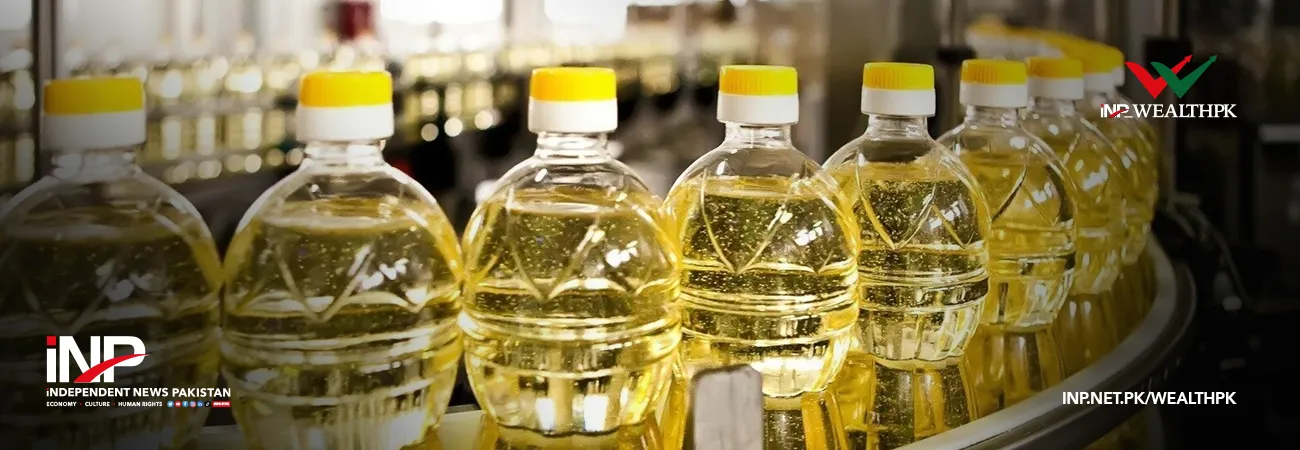INP-WealthPk
Ahmed Khan Malik
The Sindh edible mills have sought incentives in view of challenges, confronting them in boosting production and meeting growing consumer demand, reports WealthPK.

Mill owners have urged the government to provide financial incentives and policy support to enhance local production and reduce the country's dependence on imported edible oils. Pakistan is one of the largest consumers of edible oil in South Asia, with the demand continuing to rise due to an expanding population and changing dietary patterns.
However, despite being one of the top producers of oilseeds like sunflower, cottonseed, and canola, the country relies heavily on imports to meet its edible oil requirements. This dependency on imports puts significant pressure on the country's foreign exchange reserves and trade balance.

Sindh, which is home to a significant number of edible oil mills, has the potential to substantially increase its production capacity. However, industry experts and mill owners said that without the right incentives, achieving self-sufficiency in edible oil production will remain an elusive goal. “The Sindh edible oil mills are currently facing several challenges hindering their ability to expand production.
One of the most pressing issues is the rising cost of raw materials as the prices of local oilseeds fluctuate, and the mills often find themselves competing with international suppliers who can produce oil at a lower cost. This makes local production less competitive and discourages investment in the sector,” Mumtaz Shamsi, Executive Member of the Sindh Edible Oil Mills Association, told WealthPK.
He said in addition to high raw material costs, the mills also faced difficulties related to outdated machinery and technology. Many mills operate with older equipment that is less efficient and energy-intensive, leading to higher production costs. This further limits their ability to scale up production and meet the increasing demand. Another challenge is the lack of consistent government policies and support.
He argued that the absence of long-term incentives and subsidies for the edible oil sector has discouraged investment in the industry. Without necessary financial backing, it is difficult for local mills to modernize their facilities and compete with global producers. Rehman Shah, an edible oil sector expert, said the mills are urging the government to introduce a range of incentives to boost local production.
These incentives could include subsidies on the import of machinery, tax exemptions for new investments, and financial support for research and development in the oilseed industry. Additionally, the mills are advocating a comprehensive policy that supports the cultivation of oilseeds in Pakistan. By encouraging local farmers to grow more oilseeds, the mills could access a more reliable and affordable supply of raw materials, reducing their dependency on imports.
The industry also calls for reforms in the tax structure that will make local production more competitive. By reducing taxes on locally produced edible oils, the government could make them more affordable for consumers while also ensuring that the mills have a fair opportunity to grow their businesses, he said. Rehman Shah noted that increasing the local production of edible oil would have several benefits for Pakistan.
First and foremost, it would reduce the country’s reliance on imports, helping conserve foreign exchange reserves. In addition, boosting domestic production could create more jobs in the agriculture, manufacturing, and logistics sectors, benefiting the local economy. Moreover, increased production would enhance food security by ensuring a stable supply of edible oil at competitive prices.
Credit: INP-WealthPk




